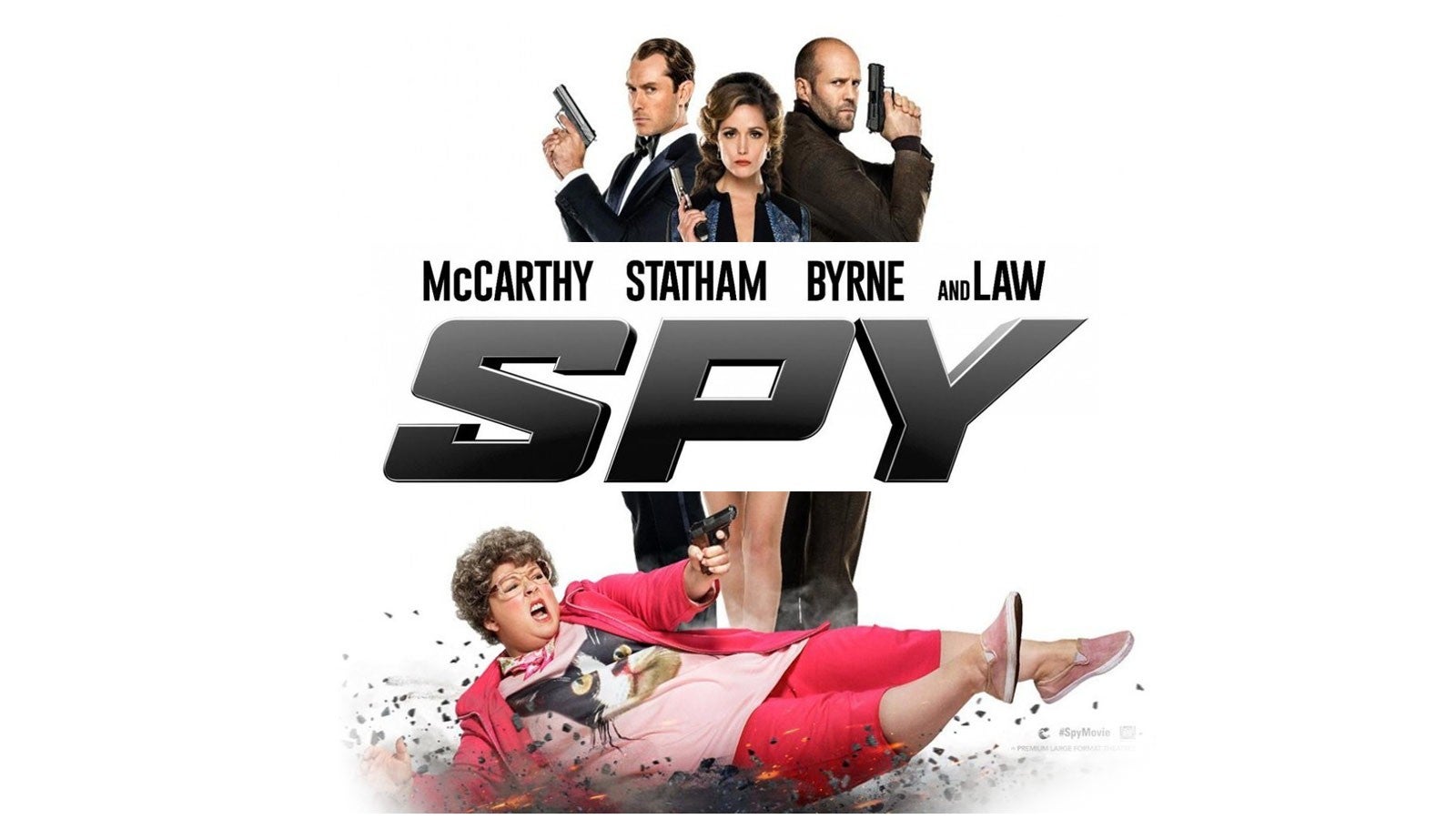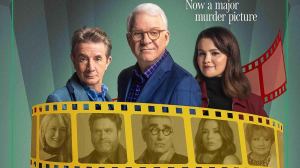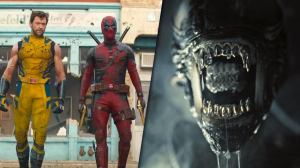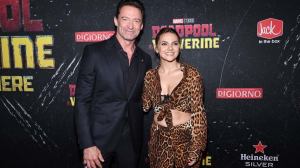Spy is writer and director Paul Feig’s newest action-comedy movie, following The Heat by only two years. While both movies feature Melissa McCarthy, this time she anchors the film entirely on her own. In spite of the enormously talented cast that surrounds McCarthy, it’s clear that she is the star, and ought to be considered as much. As the movie switches between humor, chases, and gunfights, McCarthy capably fills each role and provides one of the most satisfying movies of this summer.
Videos by ComicBook.com
McCarthy plays Susan Cooper a mild-mannered support agent in the CIA. She assists the debonair Bradley Fine until he is assassinated, revealing that terrorists have exposed the identities of all undercover agents. With no one else to turn to, the CIA has to rely on Cooper who has no field experience to stop the sale of a nuclear bomb. McCarthy has been in similar fish-out-of-water roles before in movies like Tammy, The Heat, and Bridesmaids. She’s often cast as the odd personality in an ensemble or duo. Spy feels like her first great starring performance though. Instead of being tangential to the core of the movie, she is the heart of the movie.
It was already clear that McCarthy was a comedic knockout before Spy. She commits to her comedy, and can deliver purely on dialogue with exaggerated physical humor. Performances like Spie’s put McCarthy in league with actors like Jim Carrey or Chris Farley at their prime. But she may surprise some in her ability to engage in action and drama. Spy is definitely a comedy, but McCarthy makes action sequences both exciting and humorous, rather than just plain silly. She capably injects tension into scenes and will put you to the edge of your seat. What’s even more impressive is how she develops Susan Cooper.
Cooper is very capable at the beginning of the film, but she is not be sure of her own merit and no one else is interested in helping her grow. Even Agent Fine severely underestimates Cooper, encouraging her to play assistant instead of taking a leading role. She must seize opportunities and assert herself to become the hero she ought to be. Cooper is the definition of a self-made woman, and this journey into a more confident version of herself is as inspiring as it is funny. Her growth is tracked not only through changes in personality, but by a well assembled, ever evolving wardrobe as well. This path reflects McCarthy’s own career in some ways. Despite being typecast in a variety of movies, McCarthy has refused to accept a place as the goofy sidekick or weird friend. Instead she has continually asserted her own talents until landing leading roles, ones she has proved entirely deserving of.
This character arc is clearly traced in Feig’s very smart script. It invests the audience in Cooper’s story first and allows the laughs and excitement to flow naturally from that foundation. Spy is not overly concerned with subverting the spy genre, but it is very self-aware. Feig sets up what appears to be disastrous scene as the movie builds towards its climax. The clichés and all too predictable twists on display seem to undermine everything done so well up until this point. Then he turns the scene on its head and reinforces the thematic core of the movie instead. It’s a gotcha moment from a director and writer very conscious of what he is saying.
None of this is said to diminish McCarthy’s supporting cast either. She’s surrounded by great talent. Jude Law as Agent Fine is a perfect mix of charm and blissful ignorance, like a puppy proud of having peed on the rug. Bobby Cannavale and Rose Byrne are perfect a**holes as villains, the kind of people you absolutely love to hate. It’s hard to pick out a performance in this movie that is off key, at least based on the actor’s efforts. Peter Serafinowicz’s turn as sex-obsessed Aldo is one-note, but the script never really gives him anywhere to go. What first appears to be a raunchy single-scene joke is driven into the ground by the end of the movie.
Jason Staham is given a similar role as the belligerent, hyper-masculine Rick Ford, but is able to elevate it with the slightest of character arcs and a very funny performance. He plays off the archetype he has come to represent in franchises like The Transporter and Crank, and transforms it into something hilarious. His exaggerated speech and complete lack of awareness are guffaw-inducing, and Statham reveals a real knack for physical humor as well.
The inclusion of plenty of physical humor and sight gags shows Feig to be one of the better comedic directors working in Hollywood. Where so many other comedies rely on funny people speaking humorous dialogue, Feig recognizes these jokes to only be one weapon in a wide arsenal. Spy keeps viewers engaged on multiple levels, and one of its funniest moments is allowed to rest quietly on an actress’s’ shoulder, relying on an observant audience.
While Feig has certainly proven his credentials on comedies, he’s skilled at directing action as well. Hollywood has seen several comedic directors make the transition from jokes to big set pieces in the last several years; most notably the Russo brothers moved from directing episodes of Community to the blockbuster Captain America 2: The Winter Soldier. This makes a great deal of sense though. Both action and comedy rely on good timing, set ups, and awareness of all elements involved. Feig understands this, and the chases and fight choreography in Spy land just as effectively as the punch lines. It is better produced than much of this summer’s blockbuster fare, clearly and effectively tracking its fastest-paced scenes.
The only point in which the pacing ever feels off is during the climax and aftermath of the film. When Spy reaches its big finale there are a lot of characters running around and Feig struggles to track all of them all while maintaining momentum. The camera consistently stops between chases, gunfights, and even bigger moments in order to check in with characters. This large ensemble also leads to an ending with as many denouements as Return of The King. Luckily, these parting moments are much more brief and all of them, except for poor Aldo’s, manage to be both heartfelt and funny.
These are minor detractions from a movie that is not only one of the best comedies of 2015, but one of the better action films so far. The pacing at the end only stands out because of how quickly and smoothly the rest of Spy blends together. It’s a surprisingly smart picture that benefits from a director, cast, and script all well-suited for this combination of big fights and bigger laughs. And at the heart of it all is Melissa McCarthy, who makes every shot count. She’s the linchpin to this wonderful combination of elements, one deserving A-list status from anyone in Hollywood intelligent enough to pay attention.
Grade: B+






